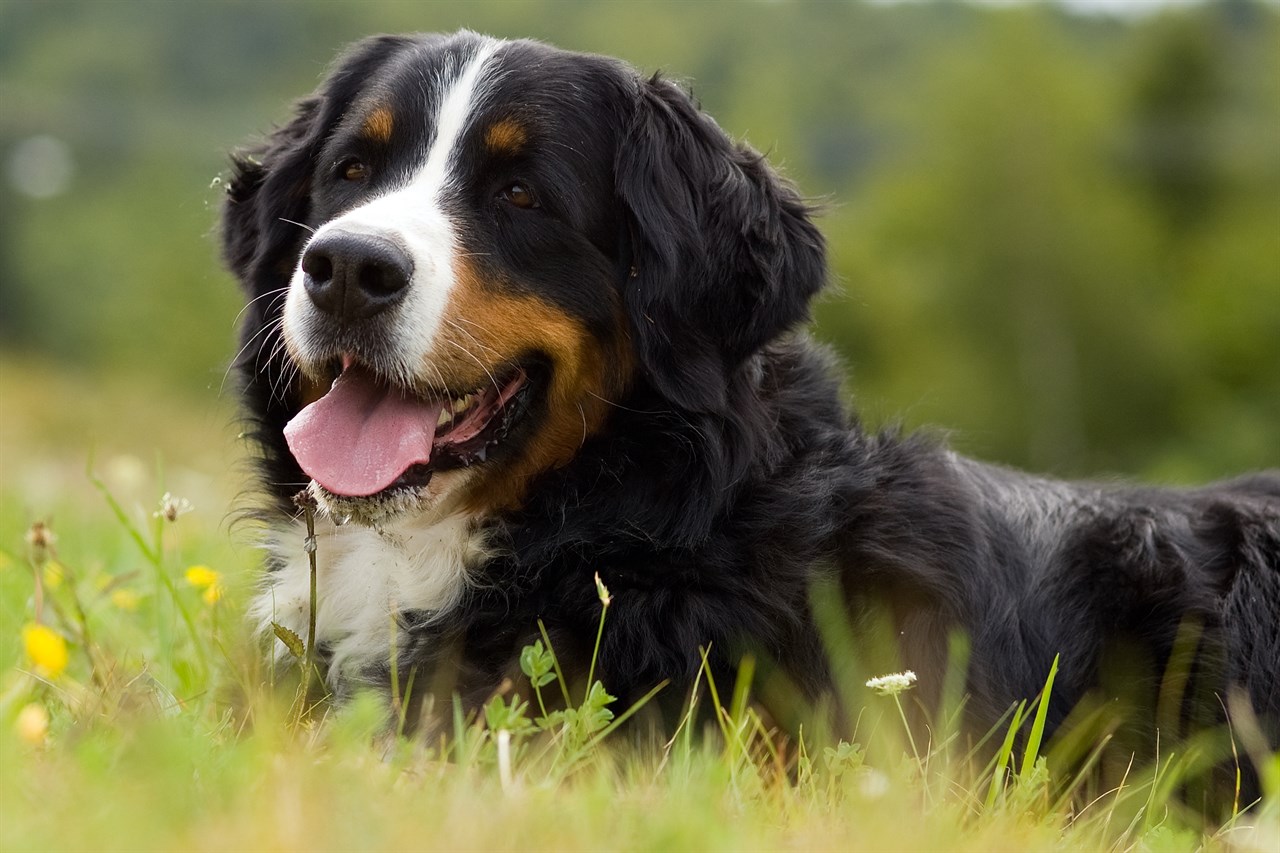Sleeping Requirements and Sleeping Habits of the Bernese Mountain Dog

Just like any other breed, Bernese Mountain Dogs have specific sleeping requirements and habits that are influenced by their age, activity level, and individual preferences. Understanding these needs can help ensure your Berner gets the rest they need to stay healthy and happy.
Sleep Duration
The amount of sleep a Bernese Mountain Dog needs can vary depending on their age and activity level. Generally, adult Berners require about 12 to 14 hours of sleep per day. Puppies and seniors may need more sleep, often up to 18 hours a day.
Napping
Bernese Mountain Dogs are known for their love of lounging and napping. They may take several short naps throughout the day, especially if they are not engaged in physical or mental activities. Providing them with a comfortable and quiet space for naps is essential.
Quiet and Comfort
Berners prefer a quiet and comfortable place to sleep. Ensure they have a cosy dog bed or crate with soft bedding where they can rest undisturbed. Many Bernese Mountain Dogs enjoy having a designated spot in the house where they can relax and observe their surroundings.
Nighttime Sleep
At night, Bernese Mountain Dogs typically sleep deeply and soundly. It's a good idea to establish a regular bedtime routine, which can include a short walk or playtime before settling down for the night. Providing a quiet and dark sleeping area can help promote restful sleep.
Health Considerations
Pay attention to your Berner's sleeping habits, as changes in their sleep patterns can sometimes indicate underlying health issues. If you notice sudden shifts in their sleep duration, restlessness, or excessive daytime sleepiness, it's advisable to consult with a veterinarian.
Exercise and Mental Stimulation
Providing adequate exercise and mental stimulation during the day can contribute to better sleep quality at night. Bernese Mountain Dogs benefit from daily walks, playtime, and engaging activities that keep both their bodies and minds active.
Ageing Dogs
As Bernese Mountain Dogs age, they may experience changes in their sleep patterns. Older dogs may sleep more during the day and become restless at night. Providing a comfortable and supportive bed can help alleviate discomfort associated with age-related conditions like arthritis.
Crate Training
Many Bernese Mountain Dog owners use crate training, especially for puppies. Properly introduced and used, a crate can provide a safe and secure sleeping environment. It can also aid in housetraining by preventing accidents during the night.
Snoring
It's worth noting that Bernese Mountain Dogs are known for their snoring. This is often a result of their deep-chested build and relaxed sleeping position. While it's typically harmless, if snoring becomes excessive or is accompanied by signs of distress, consult with a veterinarian.
In summary, Bernese Mountain Dogs have specific sleeping requirements and habits that may change with age and activity level. Ensuring they have a comfortable sleeping area, regular exercise, and mental stimulation can contribute to their overall well-being and sleep quality. Monitoring their sleep patterns and seeking veterinary attention for any concerning changes can help maintain their health and happiness.
Bernese Mountain Dog puppies for sale
- Find Bernese Mountain Dog puppies for sale in ACT
- Find Bernese Mountain Dog puppies for sale in NSW
- Find Bernese Mountain Dog puppies for sale in NT
- Find Bernese Mountain Dog puppies for sale in QLD
- Find Bernese Mountain Dog puppies for sale in SA
- Find Bernese Mountain Dog puppies for sale in TAS
- Find Bernese Mountain Dog puppies for sale in VIC
- Find Bernese Mountain Dog puppies for sale in WA